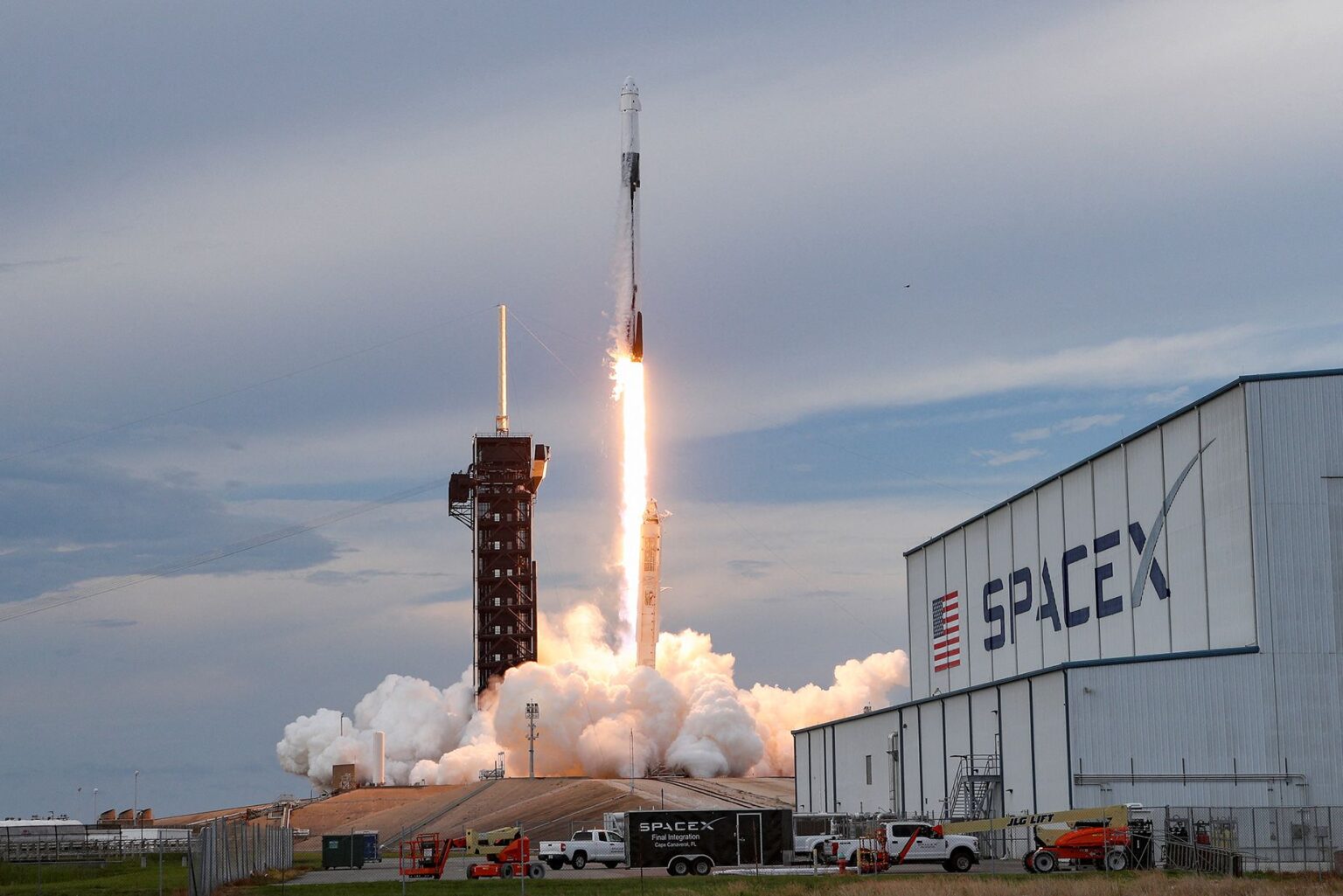The recent Chinese rocket malfunctions paved the way for Elon’s SpaceX to dominate the satellite market in Indonesia.
In April 2020 a Chinese rocket malfunctioned, resulting in the destruction of Indonesia’s $220 million Nusantara-2 satellite, it not only dealt a blow to the country’s communication networks but also presented a pivotal opportunity for Elon Musk’s SpaceX. Musk as the owner of SpaceX, the world’s most successful rocket launcher, capitalized on the failure to outshine state-owned China Great Wall Industry Corp as Indonesia’s preferred choice for satellite launches thereby changing the dynamic in satellite market in Indonesia.
The Chinese contractor had courted Indonesia, Southeast Asia’s largest economy and a burgeoning space market, with enticing offers of cheap financing, comprehensive support for its space endeavors, and the geopolitical influence of Beijing. However, the malfunction of the Chinese rocket marked a turning point for Indonesia, prompting a shift away from Chinese space contractors in favor of companies owned by Musk, according to a senior government official and industry insiders in Jakarta.
Prior to the incident, Indonesia had awarded two satellite launches to CGWIC, mirroring the two conducted by SpaceX at the time. SpaceX’s success in the satellite market in Indonesia can be attributed to its track record of launch reliability, utilization of cheaper reusable rockets, and the personal rapport Musk cultivated with Indonesian President Joko Widodo.
Following a meeting between Musk and President Widodo in Texas in 2022, SpaceX secured regulatory approval for its Starlink satellite internet service, further solidifying its position in the burgeoning satellite market in Indonesia. This shift towards SpaceX represents a rare instance of a Western company making significant inroads in Indonesia’s telecommunications market, which has long been dominated by Chinese firms offering competitive pricing and easy financing terms.
The successes of SpaceX in Indonesia came amidst Indonesia’s resistance to U.S. pressure to terminate its contracts with Chinese tech giant Huawei, citing its reliance on Beijing’s technology. This strategic realignment underscores the growing competition in the global space industry, where major players like SpaceX and China vie for dominance. The global satellite market, valued at $281 billion in 2022, is fiercely contested, with countries and companies jostling for a larger share of the lucrative sector.
China has been actively expanding its presence in the space industry, launching a record 67 rockets in 2022, second only to the United States. However, SpaceX’s dominance in the satellite internet sphere with its Starlink constellation poses a formidable challenge to China’s ambitions. Additionally, the U.S. military has expressed concerns about China’s use of satellites and space technology for espionage and military purposes, further fueling tensions between the two superpowers.
Unlike its Chinese counterpart, NASA relies heavily on privately-owned rockets from companies like SpaceX, which has secured billions of dollars in U.S. government contracts. However, there are concerns within the U.S. government and military about overreliance on SpaceX, given Musk’s assertive business approach. While traditional U.S. defense contractors typically consult with the State Department before entering into foreign deals, SpaceX dealt directly with Jakarta, bypassing diplomatic channels.
The strategic partnership between SpaceX and Indonesia highlights the shifting dynamics in the global space industry, where traditional alliances are being redefined, and emerging players like SpaceX are challenging the status quo. As Indonesia seeks to diversify its partnerships and reduce its dependence on Chinese technology, companies like SpaceX offer attractive alternatives with their innovative technologies and competitive pricing.
In conclusion, SpaceX’s success in Indonesia represents a significant milestone in the global space industry, signaling a departure from traditional alliances and paving the way for greater competition and innovation. As countries and companies vie for supremacy in space, the strategic partnerships forged by SpaceX underscore the evolving dynamics of geopolitics and technology in the 21st century.

1 Comment
Pingback: NASA Launches SpaceX Crew-8 Mission With 4 New Astronauts